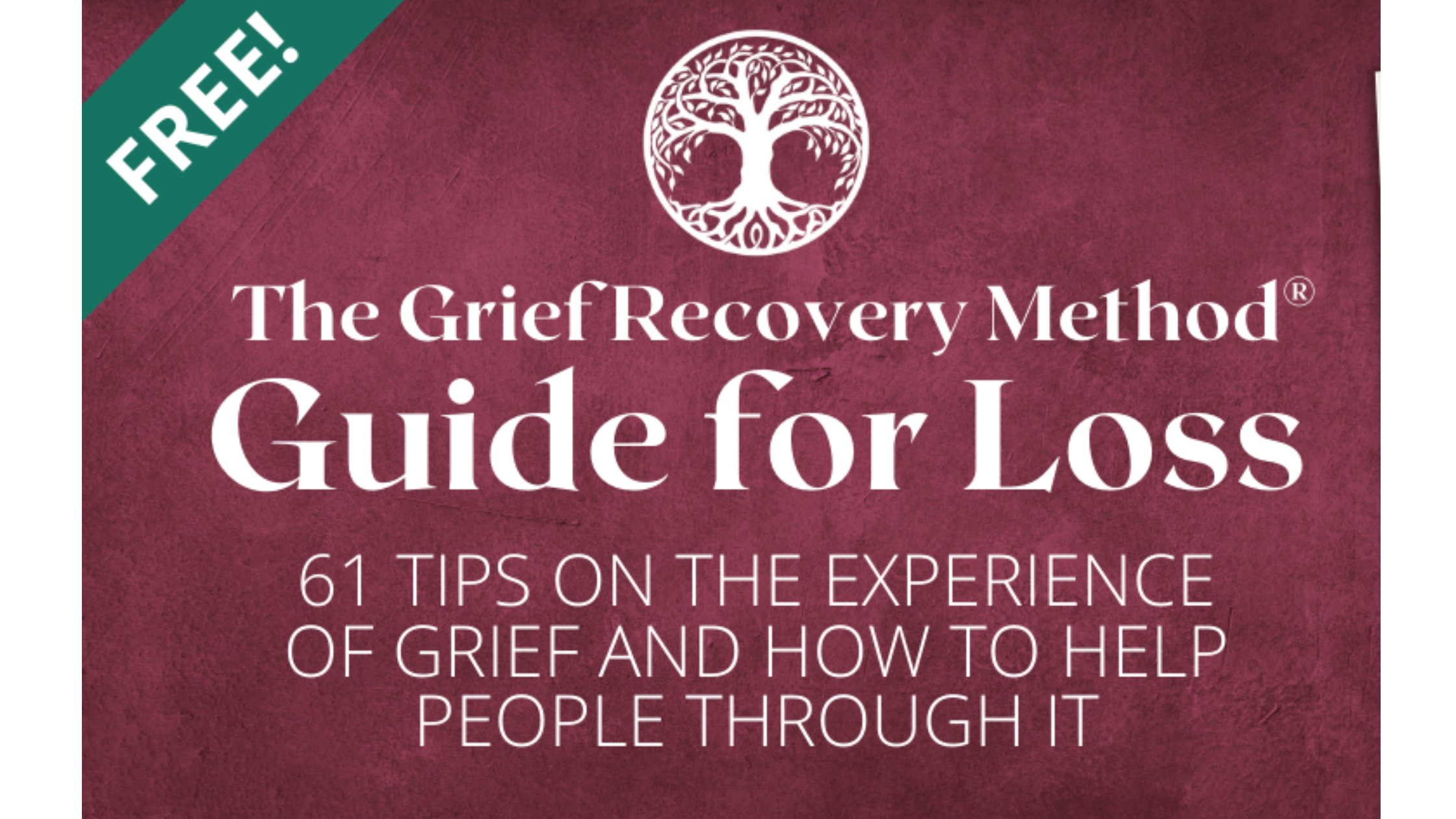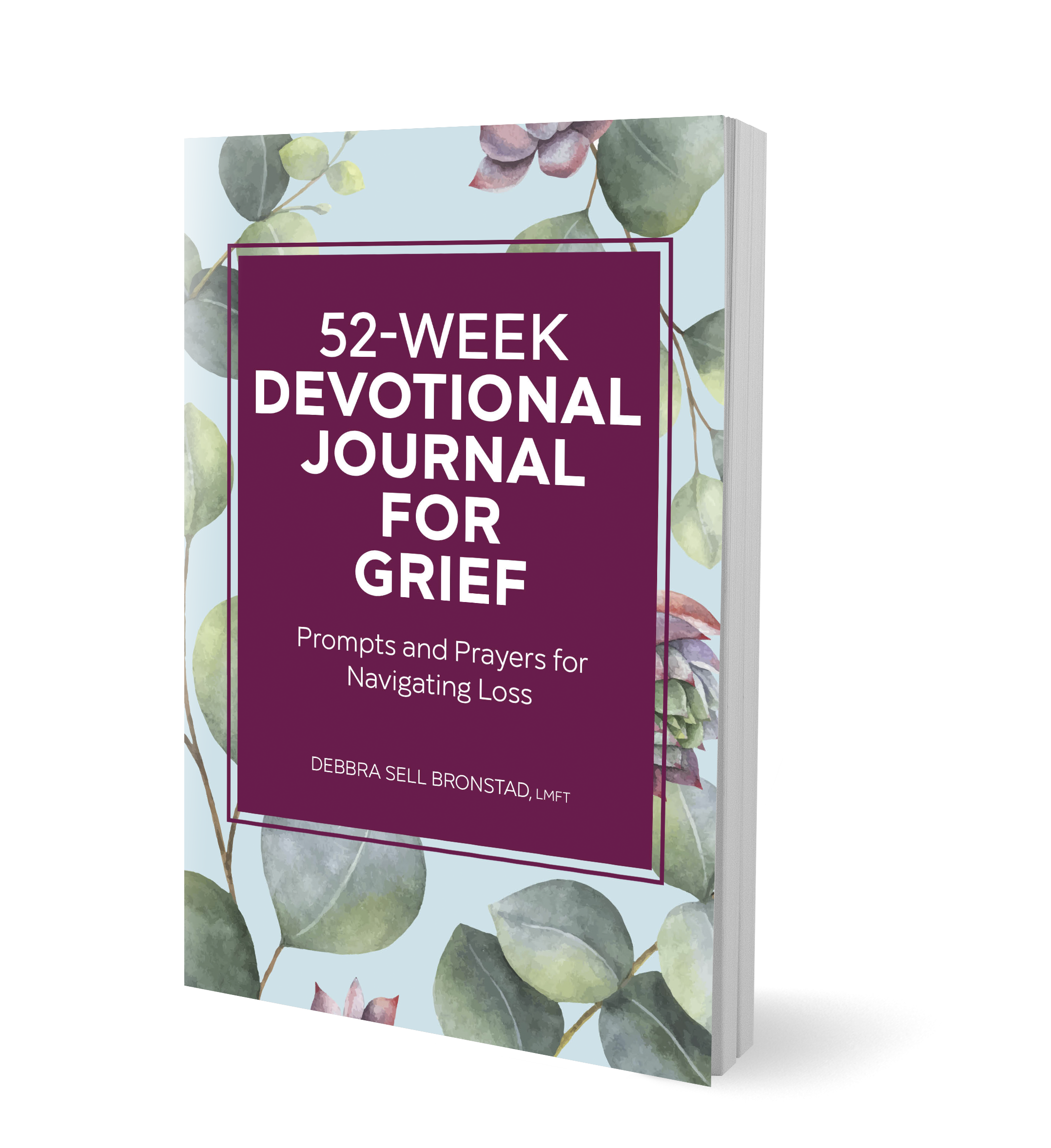How to Deal With Grief Triggers
Whether your loss happened recently or long again, grief triggers can catch you by surprise. In this article we will define what grief triggers are, how long they last and how to deal with grief triggers so you can do to soothe them when they happen.
What are Grief Triggers?
A grief trigger is an emotional response, tinged with sadness, that may be accompanied with anxiety or tension in your body. It often hits unexpectedly with a flood of grief feelings related to memories of your loss. In one moment you may be feeling calm and then suddenly you are distracted by past memories and emotional grief symptoms that can include sadness, loneliness, anxiety, guilt, anger and/or fear. Grief triggers often manifest as a “wave” of feelings.
You may feel like avoiding your known grief triggers, which can provide short-term relief. But if avoidance interferes with your daily life that could be problematic. When we don’t process our emotions around these memories they can lead to anxiety around triggers you can’t escape. Anxiety is often our heart letting us know that there are emotional things that need to be processed and untangled in order for us to get relief.

Common Grief Triggers
- Visiting places you visited with your loved one
- Doing activities you used to do with him or her
- Seeing items that belonged to your loved one
- Anniversary dates, holidays, special events
- Remembering things your loved one enjoyed such as a favorite meal or flavor of ice cream or a favorite activity
- Hearing music such as specific songs that were special to your loved one or your relationship
- Passing by food items in the grocery store that you no longer buy for your loved one
- Driving by the place they worked or the place they are buried
- Seeing something you know they would like and wanting to tell them about it
- Photos popping up on your phone or social media that have your loved one in them
- Receiving mail or bills in your loved one’s name
- Other memories that unexpectedly come to mind
How to Deal With Grief Triggers
- Breathe deeply
- Let yourself cry if you need to
- Speak gently to yourself in your internal dialogue with words of compassion and support
- Acknowledge and validate the painful feelings, saying to your own heart, “It makes sense you would feel lonely today,” or “I understand why that triggered you to feel upset…”
- Journal about your memory and feelings
- Talk to someone about your experience
- Pray asking for God’s comfort in the midst of the pain
- Express gratitude for the time you shared with your loved one
- Consider if there is anything you want to or need to do to reduce triggers in the future, such as removing certain photos from a room or removing your loved one’s name from a mailing list or changing bills to your name, or taking a different route to work or errands for now.
- Speak to a counselor or grief recovery coach to process the emotions around past events
Return to Grief Symptoms from How to Deal with Grief Triggers.



